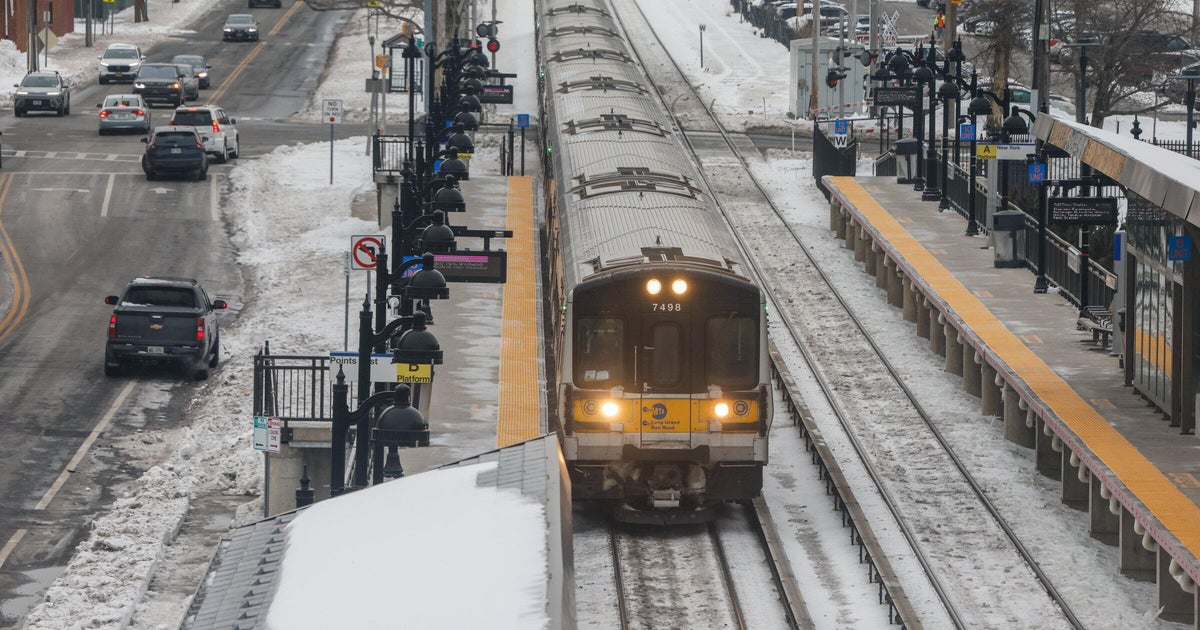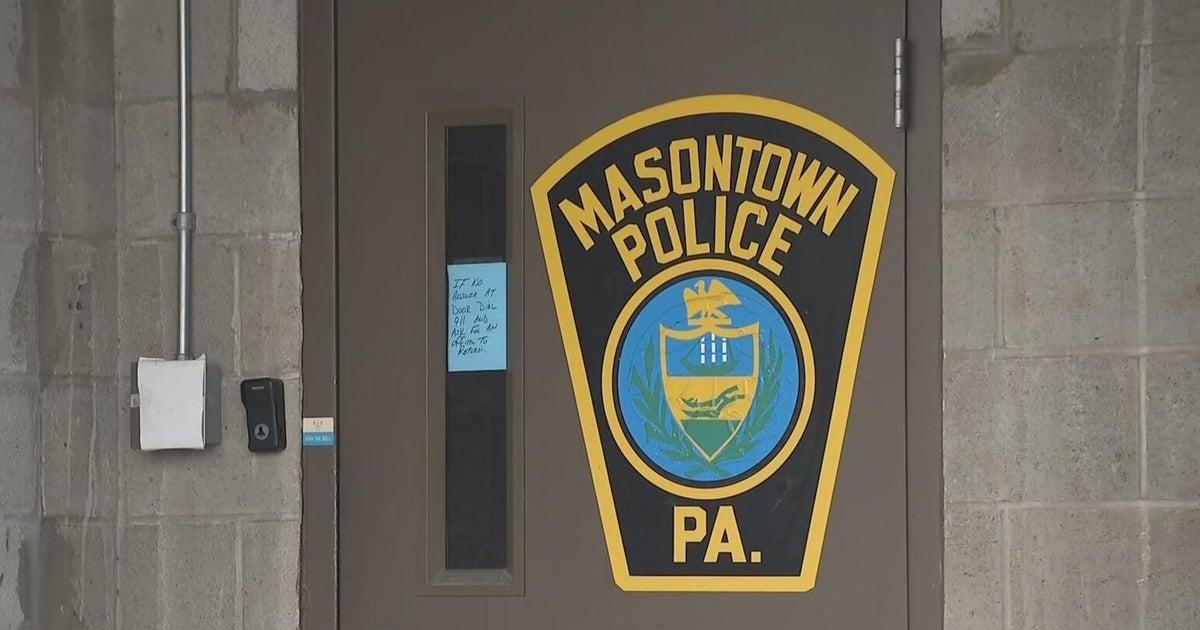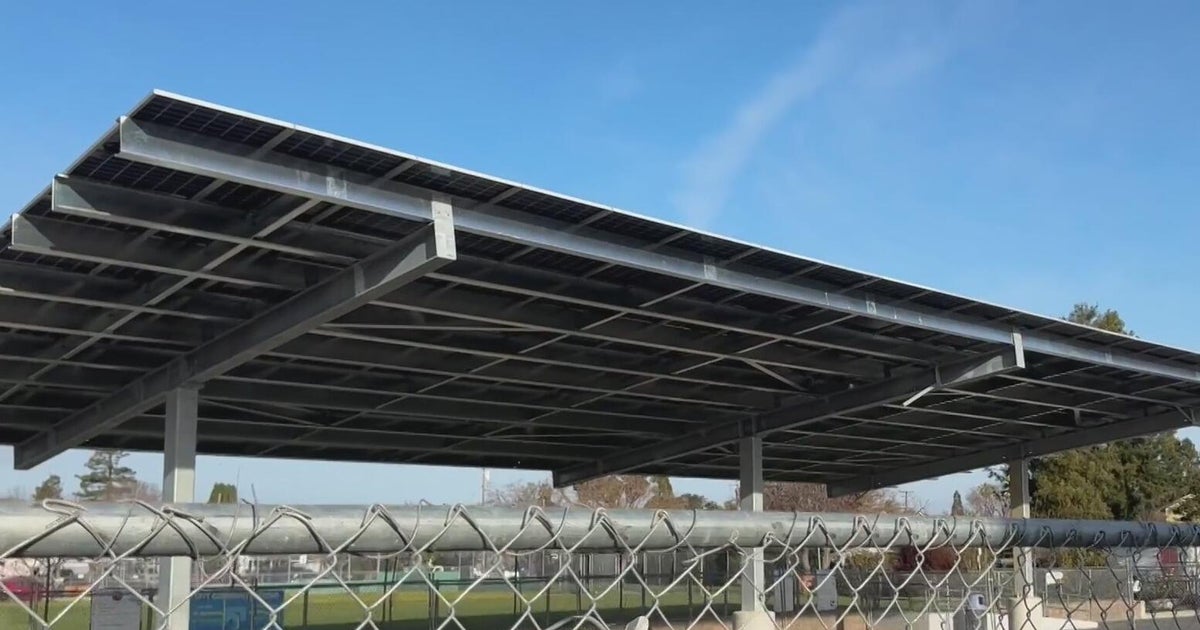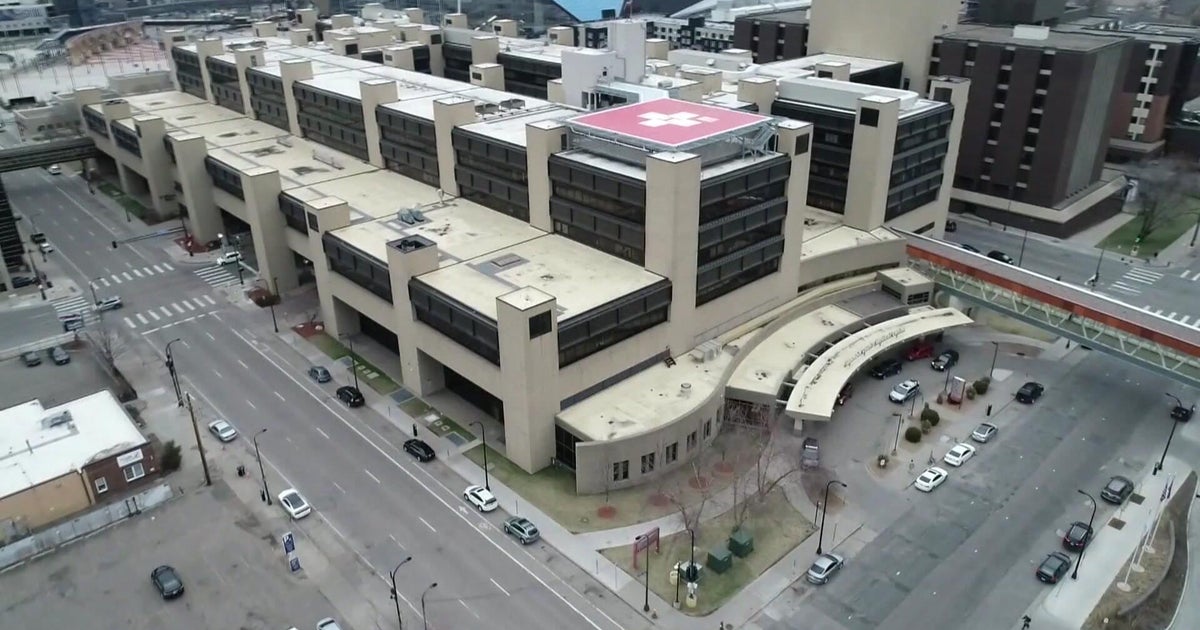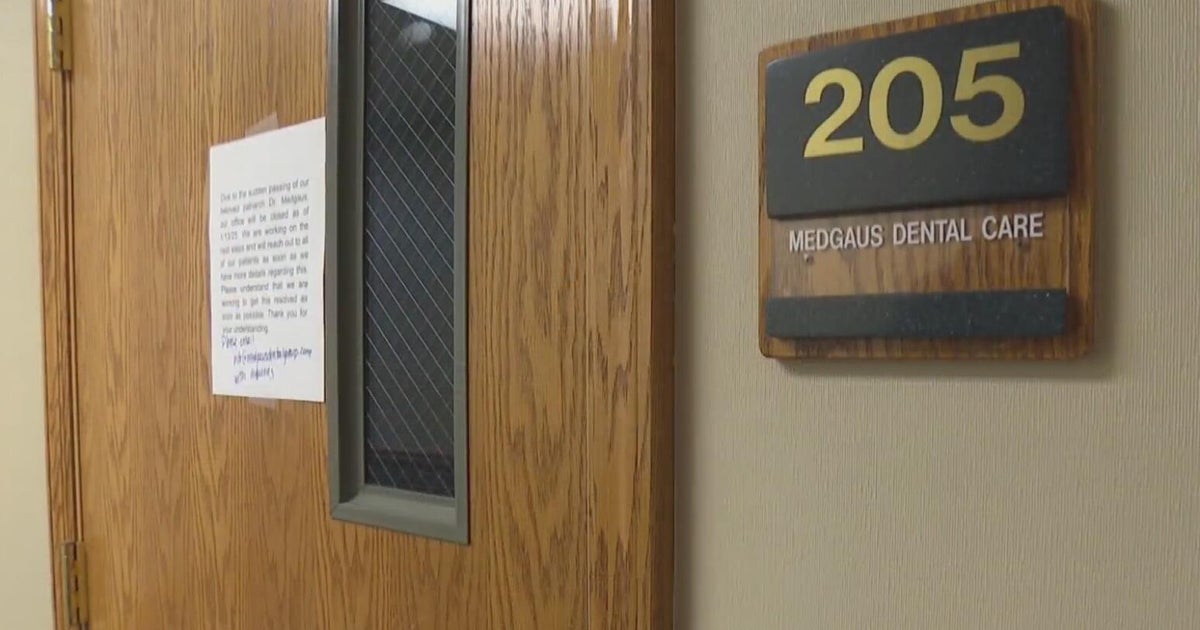Congestion pricing pause looms over MTA's projected $400-plus million budget deficit in 2027-28
NEW YORK -- There is more financial trouble for the cash-strapped MTA. The agency says tax revenues are down and fare evasion is up, and that means a loss of hundreds of millions of dollars in expected revenue.
The hole in the budget is just another unwanted development that Gov. Kathy Hochul will have to deal with as she tries to find some way to either reinstate congestion pricing or come up with some other way to make the trains and buses run on time.
The agency is now facing an unexpected gap of $428 million in 2027 and $469 million in 2028.
Impact of declining real estate taxes and fare evasion
During the MTA board meeting on Wednesday, Chief Financial Officer Kevin Williams outlined the litany of new money woes facing the transit agency, an organization still reeling from the governor's decision to pull the rug out from under it by pausing congestion pricing back in early June.
"Just as real estate taxes are lower by $160 million for the first six months," Williams said.
In addition to declining real estate taxes, the other big culprit is fare evasion. The MTA has had success in going after drivers who don't pay bridge and tunnel tolls. It has recouped $12 million so far this year. Even turnstile jumping is going down, but people who don't pay to ride buses is increasing and is a multi-million-dollar problem - a problem of the agency's own making during COVID.
"We let people get out of the habit of paying for buses during COVID because we were trying to protect the drivers in the front. Everybody got in the back door and nobody paid. It's hard to put that genie back in the bottle, but we have to do it," MTA CEO Janno Lieber said.
In the midst of all these fiscal woes, the MTA insists it's going through with a 4% fare hike that will go into effect next spring.
There are also political worries about the commitment to mass transit if Republicans take control of the White House.
Congestion pricing supporters sound off
Lieber insisted he's not looking at rash decisions to deal with the deficit.
"We're going to do everything under the sun to make sure we don't have to cut service in any way," Lieber said.
But not everyone believes that. Lisa Daglian of the Citizens Advisory Committee to the MTA said cutting congestion pricing has already brought service cuts, fewer express buses, and no new subway cars.
"It means we're going to be stuck with old cars that are hot in the summer and it means that some of the cars, like on Metro-North, are going to have deferred maintenance," Daglian said.
Transit advocates blame Hochul's suspension of the tolling plan for causing increased maintenance costs and lower-than-predicted ridership.
However, MTA officials seem confident Hochul will come up with the $15 billion she cut as a result of her last-minute pausing of the tolling program.
On Tuesday, the governor appeared to take a small step in fulfilling her promise, announcing the allocation of $54 million in state resources to restart work on the 2nd Avenue Subway. But on Wednesday, riders and advocates called it a drop in the bucket.
"She has the nerve to celebrate $54 million for the 2nd Avenue subway, while leaving millions of New Yorkers stranded without billions in transportation investment. To her we say a $54 million Band-Aid is not enough to cover a $15 billion wound," said Paul Medvetsky of Staten Island.
"It's critical that congestion pricing starts now so that jobs are saved, so that bus routes are saved, so that train cars are purchased, so that new signals are upgraded," Daglian added.


